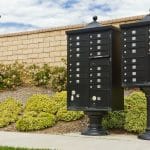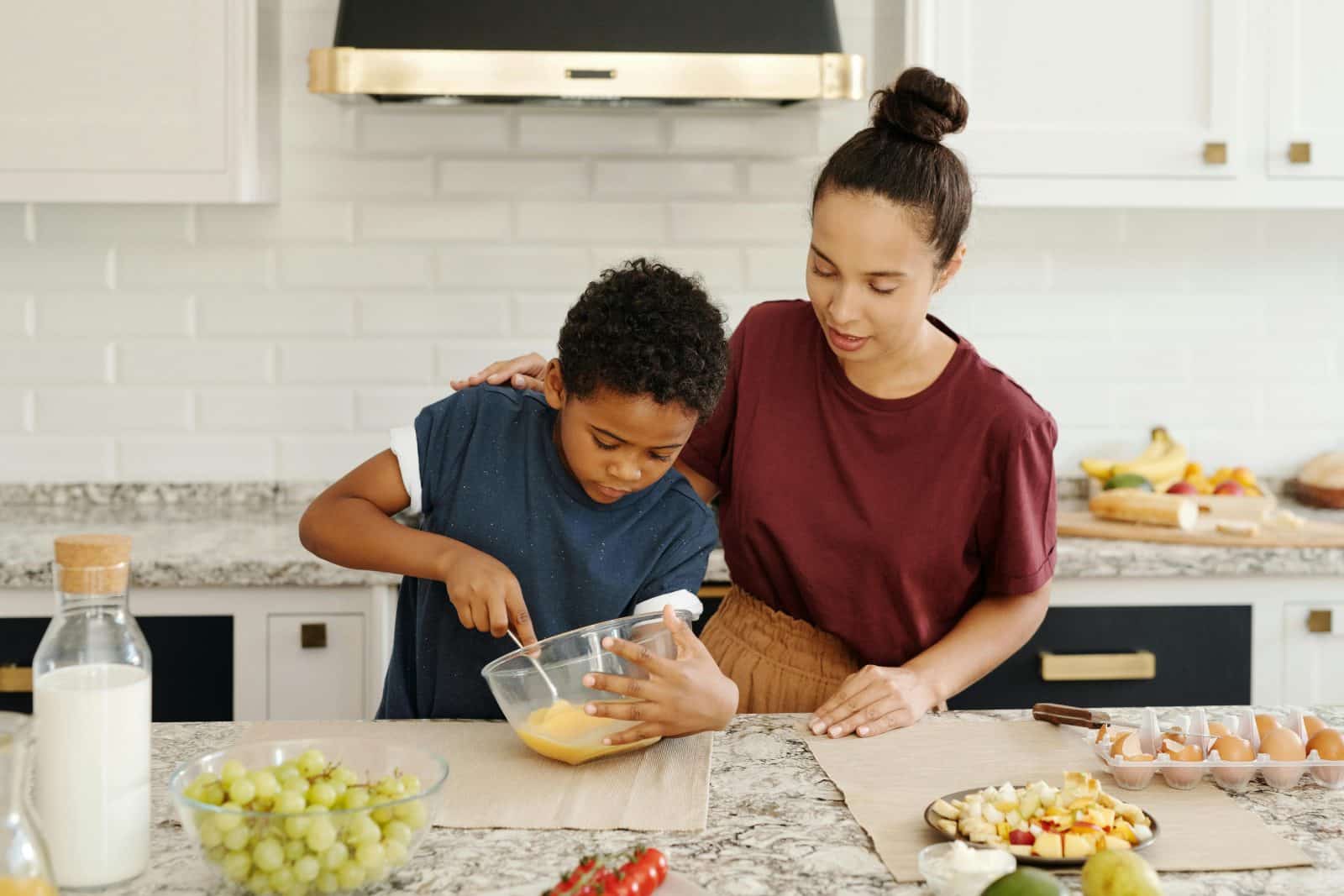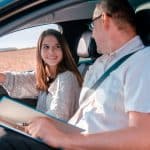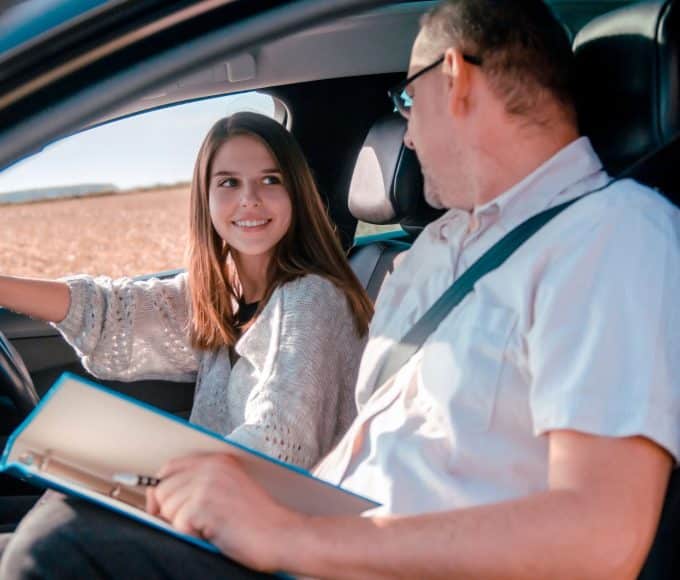You’ve walked across the stage, diploma in hand, with knowledge of calculus, Shakespeare, and maybe even a bit of chemistry.
But when life throws questions at you like, “How do I create a budget?” or “Why is my car making that weird noise?” it’s hard not to feel underprepared. These practical skills—your personal Life Skills 101—are essential for daily life, yet most schools never cover them.
So here’s a crash course on the basics, from budgeting and car maintenance to cooking skills, that’ll help you thrive and feel confident as you navigate adulting.
Budgeting: The Real Math of Life
One of the most essential life skills that rarely makes it into the classroom is budgeting. Managing money effectively isn’t just about balancing expenses; it’s about aligning spending with your personal goals and creating financial stability. Research even suggests that people with budgeting know-how feel more in control and experience less stress.
A simple and popular budgeting method is the 50/30/20 rule, which U.S. Senator Elizabeth Warren, a former Harvard professor, has advocated. In this system, 50% of your income goes to essentials (like rent and groceries), 30% to wants (like dining out or entertainment), and the last 20% to savings or paying off debt.
Set a monthly check-in to track your spending using apps like Mint or YNAB (You Need a Budget), making budgeting a habit that helps you reach financial goals while allowing room for fun.
Basic Car Maintenance: Saving Money and Avoiding Stress
Car trouble usually strikes at the worst time, often with strange sounds that signal costly repairs. Yet, basic car maintenance is a life skill that can save both your wallet and your nerves. According to AAA, the average person spends about $500 per year on car repairs, but with just a few preventative steps, you can reduce those costs.
Start by learning essentials like changing a tire and checking your oil. These simple tasks can prevent bigger (and more expensive) issues. Regularly checking tire pressure (often found on a sticker inside the driver’s door) and oil levels about once a month helps ensure your car runs smoothly.
If you’re new to car maintenance, start small—YouTube is a goldmine of tutorials on basic upkeep, from fluid checks to decoding dashboard warning lights.
Cooking Basics: Eat Well Without Spending a Fortune
Cooking is another essential life skill that often goes untaught, but it’s both a healthier and more affordable option than relying on takeout. The Bureau of Labor Statistics reports that cooking at home can save you around $5 to $15 per meal, depending on ingredients and choices.
Start with simple recipes that are hard to mess up. Eggs, pasta, and a basic stir-fry are beginner-friendly options that’ll build your confidence in the kitchen.
Studies also show that cooking at home tends to improve overall eating habits, so not only will you save money, but you’ll also make healthier choices.
Plus, cooking can be a fun way to get creative and end the day with a rewarding (and tasty) result.
Wrapping Up the Essentials
Though schools might prioritize algebra over oil changes or Shakespeare over budgeting, Life Skills 101 is always available for self-study. Embrace these practical skills one at a time: set up a budget, get hands-on with basic car maintenance, and learn a few go-to recipes.
You’ll feel more empowered and prepared, equipped not just with academic knowledge but with the real-life skills that make adulting a little easier.
Recommended – The Mental Health Benefits of Nature: Why You Should Get Outside















